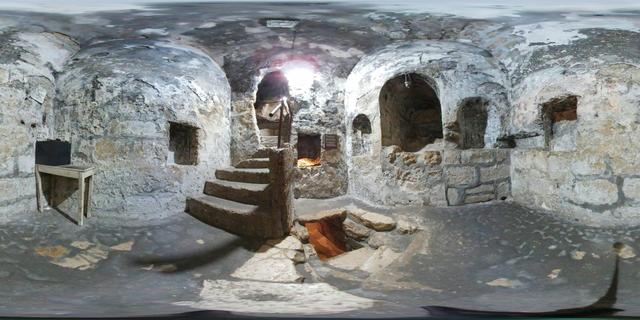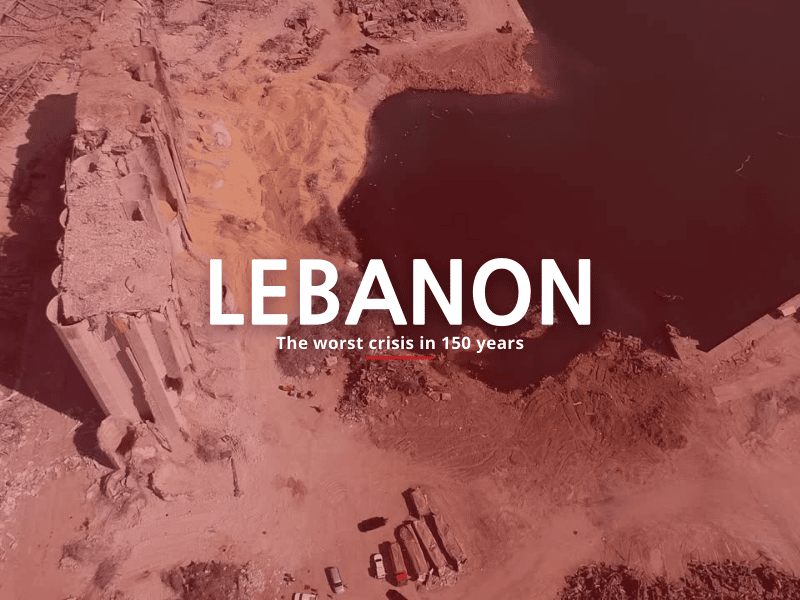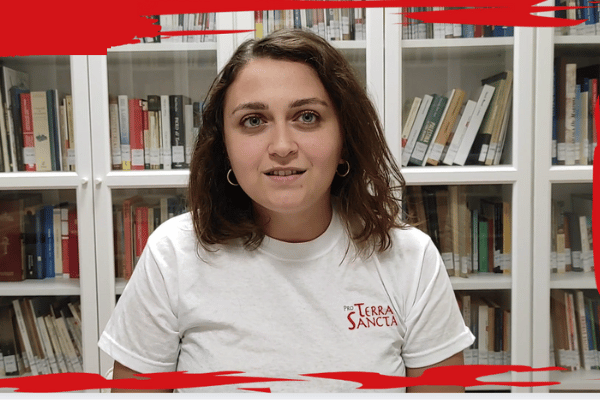LEBANON
The worst crisis in 150 years
The crisis in Lebanon is unprecedented: a political and institutional drama on the verge of collapse that has reduced the population to a situation of poverty with no escape.
Two years after the explosion in the port of Beirut, Lebanon is destroyed. Today in Lebanon there is no gasoline, there is no gas, there are no medicines and citizens get the same salary as in the period before the economic crisis, but the value of the currency has fallen dramatically.
The crisis in Lebanon today
The economic crisis, the pandemic and the explosion in Beirut have triggered a series of events that are plunging Lebanon very quickly into a very serious situation.
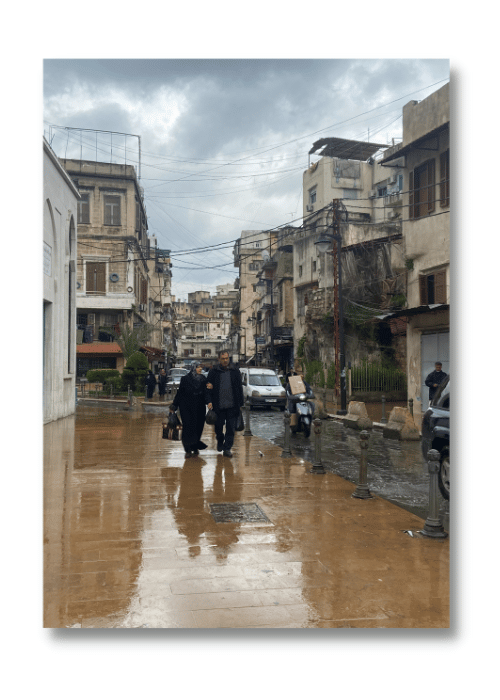
There are no more medicines
Lebanese medical care is in crisis. Pharmacists are on strike and, on the other hand, the black market has unaffordable prices for families. Today in Lebanon there are only two pharmaceutical companies that produce and distribute medicines, the rest must necessarily be imported from abroad, but now the entry from outside is blocked.
Given the economic situation, many doctors have been forced to leave the country. This caused the loss of numerous specialists in Lebanon, which resulted in the inability to receive and treat patients.
Gas and gasoline are in short supply
The oil crisis causes very long queues for petrol stations. The lack of oil changes the rhythms of society. In addition, this leads to a lack of internal power generation, causing the loss of power during the day, leaving the entire cedar country completely in the dark.
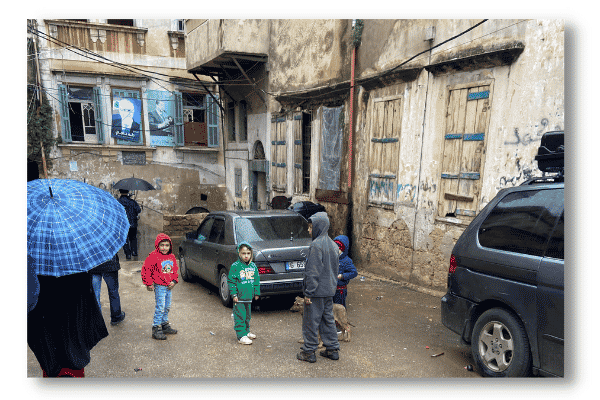
The collapse of the currency
Lebanese citizens get the same salary as in the period before the economic crisis, but the value of the currency has collapsed dramatically. If before $ 1 corresponded to 1,500 Lebanese Pounds and now it is worth 23,000. There has been a rapid rise in prices and a situation of enormous poverty, there is no social assistance.
Bringing hope in Lebanon
We want to assure a different tomorrow for Lebanon, and this is why Pro Terra Sancta has opened in Beirut the Franciscan Care Center (FCC), a center of psycho-social assistance, where people are welcomed every day, especially children and the elderly in need of help, and Tripoli a medical dispensary, where we distribute medicines, and assure constant care for people who need it.






